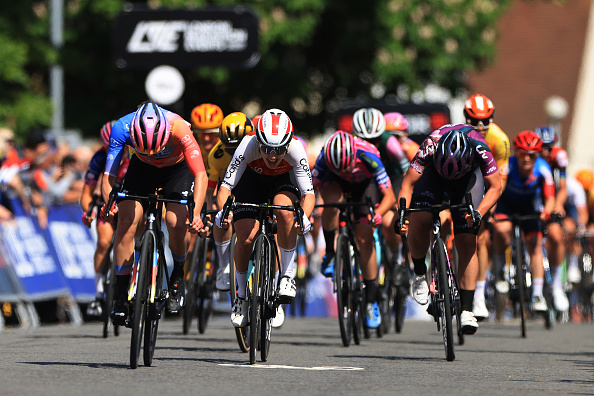
BRITISH Cycling tightened its participation guidelines to “safeguard the fairness” of the sport by excluding transgender people from competing in the female category of competitive events on Friday (26).
The new regulations will differ from the international governing body of cycling by classifying riders into “female” and “open” categories and take effect at the end of 2023.
The decision, which puts a stop to transgender cyclist Emily Bridges’ hopes of representing Britain in the female division, was made after a nine-month consultation and analysis of the most recent scientific findings.
British Cycling CEO Jon Dutton said he was confident that the governing body has “developed policies that both safeguard the fairness of cycle sports competition, whilst ensuring all riders have opportunities to participate.”
The men’s section will be replaced with an “open category” that will now also accommodate transgender men, transgender women, and non-binary people, according to the new regulations, which were met with harsh condemnation by Bridges. Meanwhile, the “female category” for any form of competition from elite to grassroots will be preserved for those with a birth sex, female.

All competitive events sanctioned by British Cycling that involve timings, rankings, points, or rewards, as well as selections for the Great Britain cycling team, will be subject to the new policy, which broadly follows that of UK Athletics and Swim England.
The news is likely to be warmly received by the nation’s best female riders.
They threatened to boycott last year’s British National Omnium Championships unless Bridges was disqualified from competing in the female category by cycling’s international governing body, the UCI (Union Cycliste Internationale) because she was still registered as a male cyclist at the time.
After suspending its prior policy last year, the federation apologised to transgender athletes for the lengthy delay in formulating a new one.
“We recognise the impact the suspension of our policy has had on trans and non-binary people, and we are sorry for the uncertainty and upset that many have felt during this period,” the federation said.
It added, “Our aim in creating our policies has always been to advance and promote equality, diversity, and inclusion, while at the same time prioritising fairness of competition. This aim has not changed.”
Bridges, though, referred to the action as “a violent act” and branded British Cycling a “failed organisation” in a long statement.
British Cycling is the main national governing body for cycle sport in Great Britain.